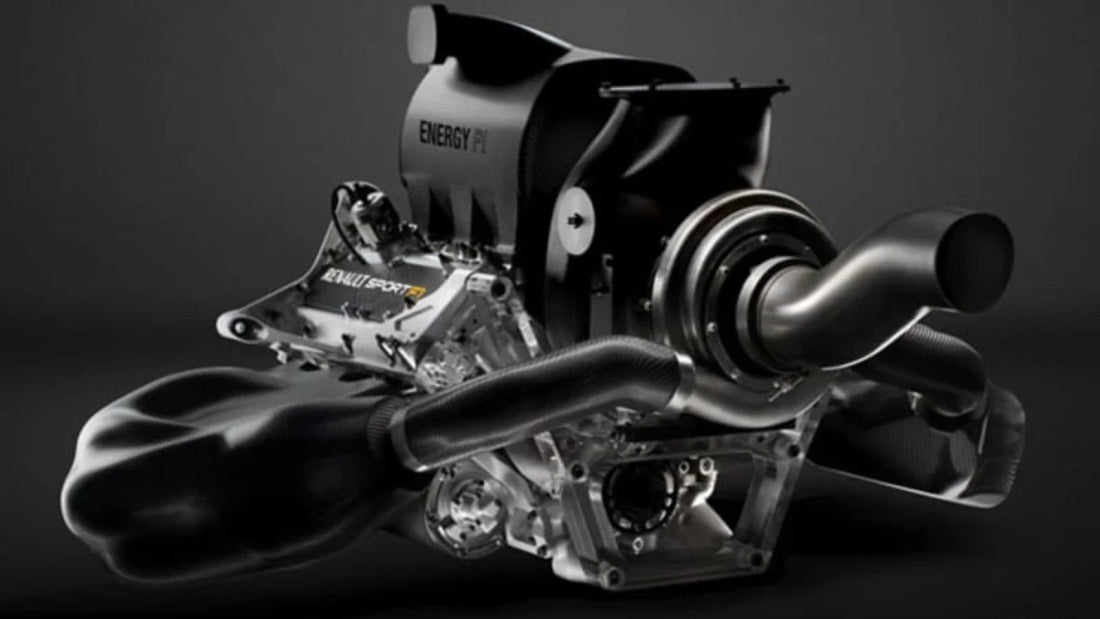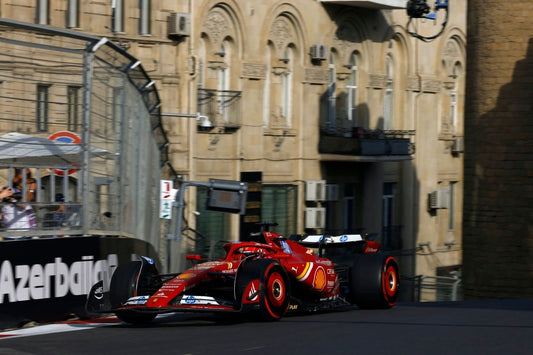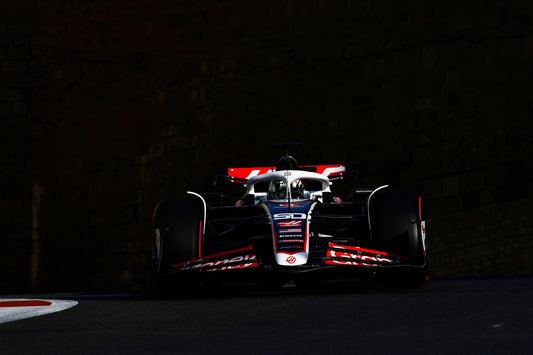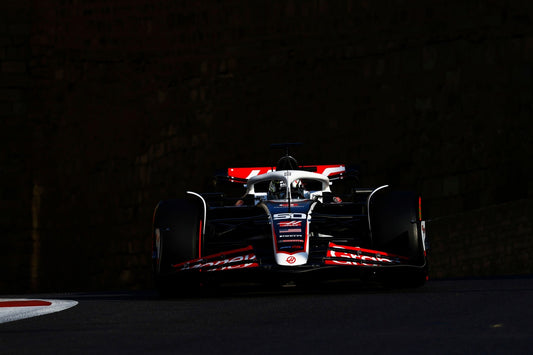F1 Races Ahead: Revolutionary Eco-Friendly Fuel Leaves Auto Giants in the Dust
Manish
Motorsport, especially Formula 1, is once again at the forefront of innovation, with its ambitious goal of achieving 100% sustainable fuel by 2026. This groundbreaking project aims to redefine the sport, impact the global automotive industry, and contribute to the fight against climate change. While pursuing a carbon-free future, F1 is surpassing prominent car manufacturers like Toyota and Tesla in the development of clean fuels, demonstrating its commitment to driving change both on and off the track.
The Path to Sustainable Fuels in Formula 1
Formula 1's journey towards sustainable fuels began with the introduction of E10 fuel - a blend containing 10% ethanol derived from renewable resources - in the current racing season. This initiative is part of a broader effort to achieve carbon neutrality in the sport, with the ultimate goal of using 100% sustainable "drop-in" fuels by 2026.
These next-generation fuels are designed to be carbon-neutral or have a zero-equivalent carbon footprint by utilizing carbon derived from non-food crop feedstocks, Direct Air Capture technologies, and green hydrogen. The objective is to develop a fuel with energy density comparable to current carbon-intensive fuels but with significantly lower emissions. This large-scale initiative showcases F1's role as a testing ground for solutions that could revolutionize everyday vehicles and address global climate challenges.
Technological Aspects and Advancements in Fuel Production
The development of fully sustainable fuels for Formula 1 presents several technical challenges, driving advancements in this field. Engineers and technologists are working tirelessly to create fuels that are both environmentally friendly and capable of delivering the high performance required in F1 races.
The process involves complex chemical conversions to combine hydrogen and carbon atoms from renewable sources. These fuels must be compatible with existing engine technologies, requiring minimal modifications to current power units. This "drop-in" capability is crucial for the broader application of these fuels beyond the racing world. Formula 1's pioneering efforts in adopting sustainable fuels are likely to spur further innovations that could transform the entire transportation industry.
Global Implications and Future Uses of Sustainable F1 Fuels
The impact of Formula 1's sustainable fuel initiative extends far beyond the racetrack. While motorsport has traditionally been associated with combustion engines, F1 is now leading the charge in developing 100% sustainable fuels that could be applied to road cars, aviation, and even marine transport.
The transportation sector, a major contributor to global greenhouse gas emissions, stands to benefit significantly from this technology. The scalability of these fuels could address the needs of the vast majority of vehicles that will continue to use internal combustion engines well into the 2030s and beyond.
Furthermore, F1's high-profile platform effectively raises public awareness and interest in the practical applications of sustainable fuel technology. This demonstrates how the motorsport industry can spearhead the development and deployment of technologies that benefit society as a whole.
Formula 1's commitment to launching 100% sustainable fuels represents a significant leap towards the widespread adoption of clean energy in the transport sector. With its unparalleled technological expertise and global reach, F1 is not only reinventing itself but also acting as a catalyst for change in the automotive industry at large.
This initiative showcases how sports can foster innovation beyond entertainment, positioning F1 as a leader in sustainable technology development. In the face of climate change, the pursuit of clean fuels by the F1 industry opens up new possibilities for a more sustainable motorsport and a greener future for all. This model could pave the way for environmentally friendly transportation by demonstrating that high performance and sustainability can go hand in hand.




